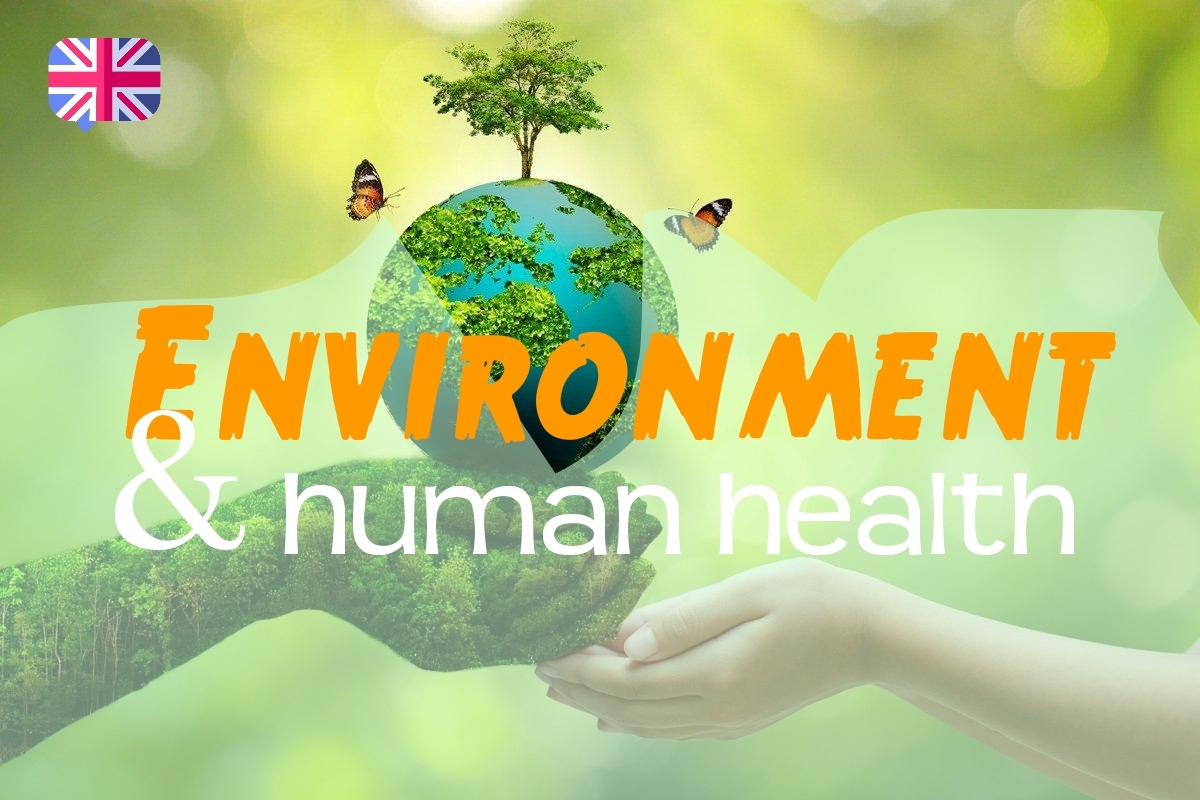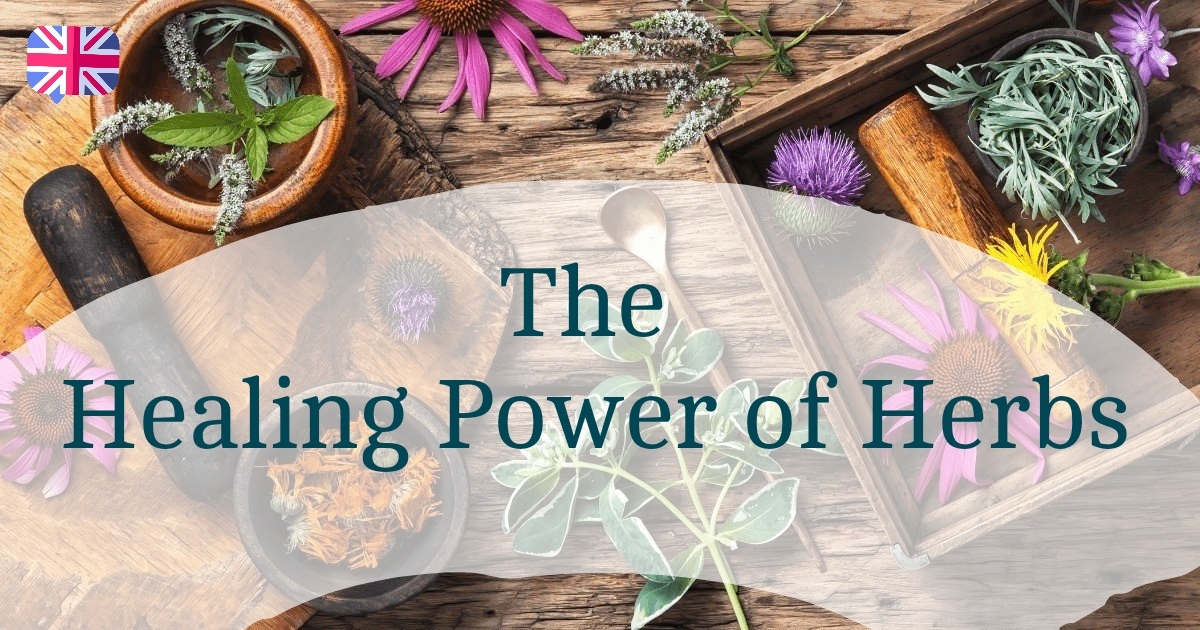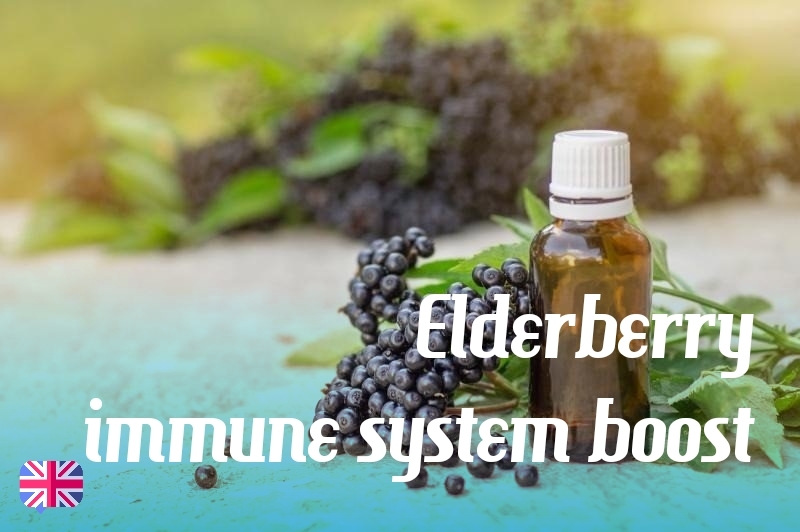HERB - Introduction to the Versatility and Benefits of Herbs
Environmental and Health Topics: Organic Farming, Medicinal Herbs, and Chemical Impact
The environment and human health are closely interconnected, and it is important to understand the impact of human activities on the environment and the subsequent impact on human health. In recent years, there has been a growing interest in sustainable agriculture, particularly the use of organic farming methods, as well as the production of medicinal herbs and plants.
Additionally, the use of chemicals in various industries has raised concerns about their potential impact on human health. In this article, we will explore these topics in more depth.
Organic Farming
Organic farming is a method of agriculture that emphasizes the use of natural fertilizers, such as compost and manure, and the avoidance of synthetic pesticides and fertilizers. The goal of organic farming is to produce crops that are healthier and more sustainable for both the environment and humans.

One of the key benefits of organic farming is that it helps to protect soil health. Organic farming practices help to maintain and enhance soil fertility, as well as reduce soil erosion. This, in turn, helps to prevent water pollution and reduce greenhouse gas emissions.
Another benefit of organic farming is that it helps to promote biodiversity. By avoiding the use of synthetic pesticides and fertilizers, organic farming practices help to create a more diverse and resilient ecosystem. This, in turn, helps to reduce the risk of crop failure and increase crop yields.
Organic farming also has benefits for human health. Organic crops are grown without the use of synthetic pesticides and fertilizers, which can be harmful to human health. Additionally, organic crops are often richer in nutrients than conventionally grown crops, which can have positive impacts on human health.
Sustainable Production of Medicinal Herbs and Plants
The use of medicinal herbs and plants has been a part of traditional medicine for centuries. However, the increased demand for these products has led to concerns about their sustainability. Sustainable production of medicinal herbs and plants involves using methods that do not harm the environment and do not deplete natural resources.
One of the key principles of sustainable production of medicinal herbs and plants is the conservation of biodiversity. This involves using methods that promote the growth and preservation of wild plants and their habitats. Additionally, sustainable production involves using methods that are ecologically sound, such as using natural fertilizers and avoiding the use of synthetic pesticides.
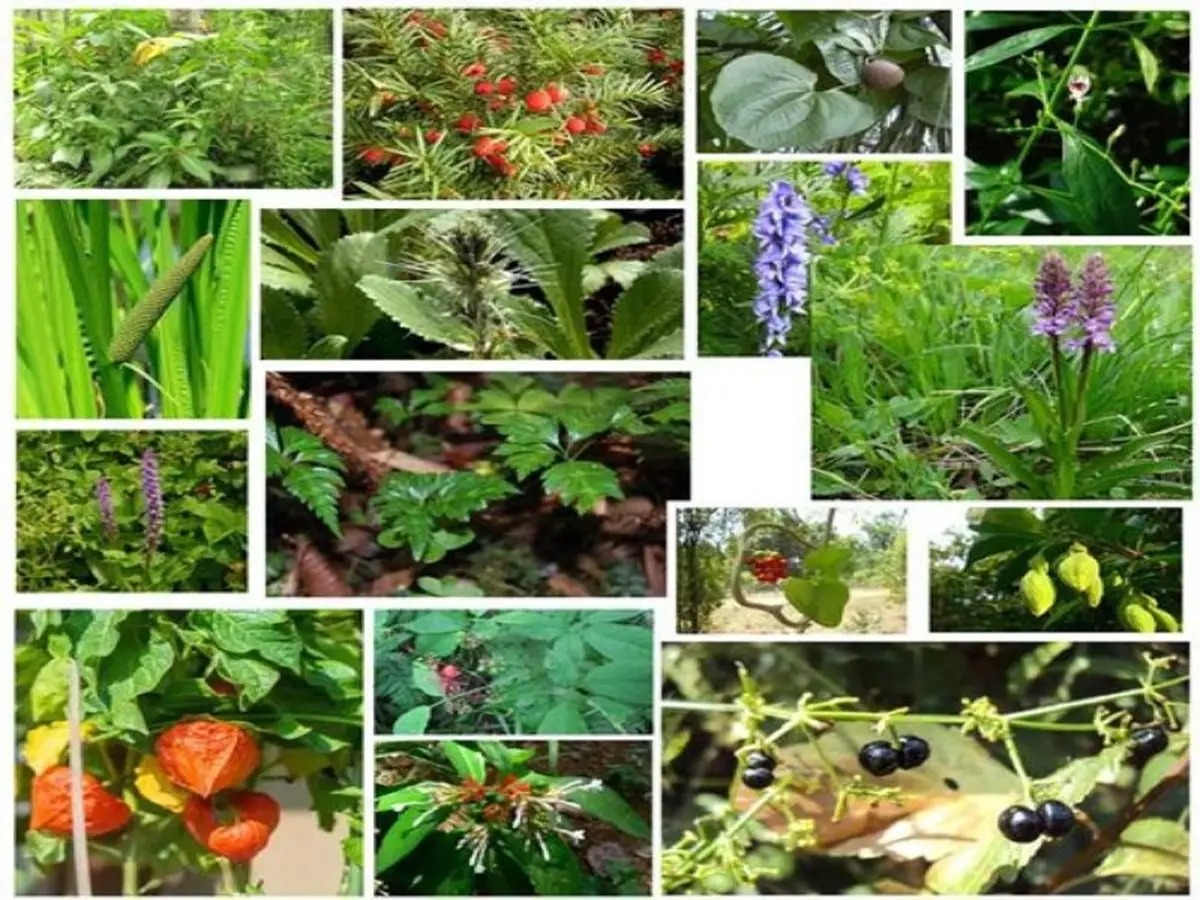
Sustainable production of medicinal herbs and plants also involves ensuring the quality and safety of the products. This involves using standardized methods for harvesting, processing, and storing the plants, as well as ensuring that the products are free from contaminants and adulterants.
The use of sustainable production methods for medicinal herbs and plants can have positive impacts on human health. By ensuring the quality and safety of the products, consumers can be assured that they are getting products that are effective and safe.
Impact of Chemicals on Human Health
Chemicals are widely used in various industries, such as agriculture, manufacturing, and healthcare. While many chemicals are necessary for modern society, there are concerns about their potential impact on human health. Chemicals can enter the body through ingestion, inhalation, or absorption through the skin, and can have both acute and chronic health effects.
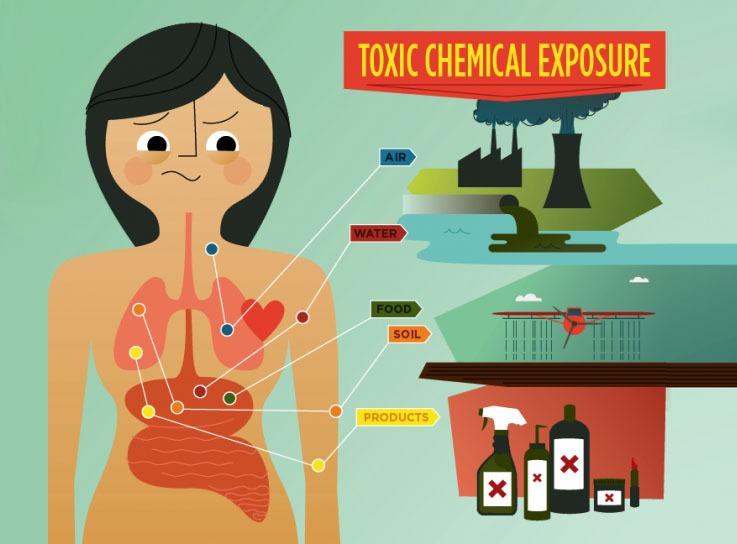
One of the key concerns with chemicals is their potential to cause cancer. Many chemicals, such as pesticides and industrial chemicals, have been linked to various types of cancer. Additionally, exposure to chemicals can cause reproductive and developmental problems, as well as neurological disorders.
Chemicals can also have impacts on the environment, which can subsequently impact human health. For example, the use of pesticides can lead to the contamination of water sources and the killing of non-target species. This can have impacts on the ecosystem and can also impact human health.
Conclusion
The environment and human health are closely interconnected, and it is important to understand the impact of human activities on the environment and the subsequent impact on human health. Organic farming, sustainable production of medicinal herbs and plants, and the impact of chemicals on human health are all important topics that need to be explored in more depth. By understanding these topics, we can make more informed decisions about how we interact with the environment and how we can protect our health.
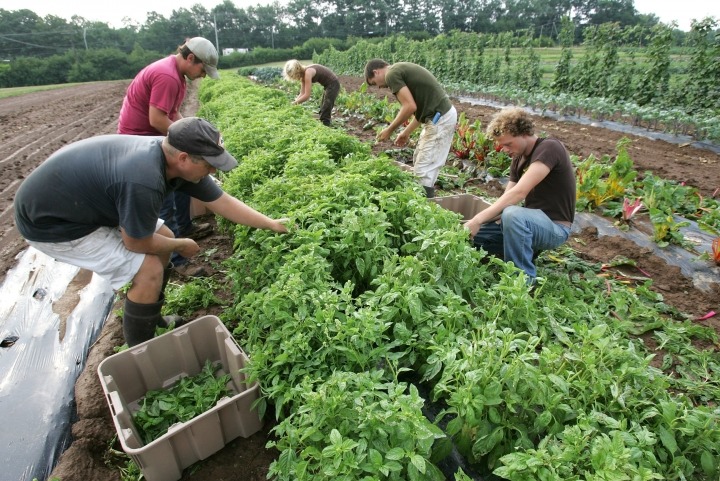
Organic farming is a sustainable method of agriculture that promotes soil health, biodiversity, and human health. It is an effective way to reduce the use of synthetic fertilizers and pesticides that can harm the environment and human health. Sustainable production of medicinal herbs and plants is also an important consideration, as the demand for these products continues to increase. By using ecologically sound methods, we can ensure that we are not depleting natural resources and that we are protecting the environment.
Finally, the impact of chemicals on human health is a critical issue that needs to be addressed. While many chemicals are necessary for modern society, there are concerns about their potential impact on human health. It is important to identify and regulate harmful chemicals to reduce their impact on human health and the environment.
Overall, by exploring these topics and promoting sustainable practices, we can create a healthier environment and protect human health for generations to come. It is important to continue to research and develop sustainable practices to reduce our impact on the environment and promote human health.

